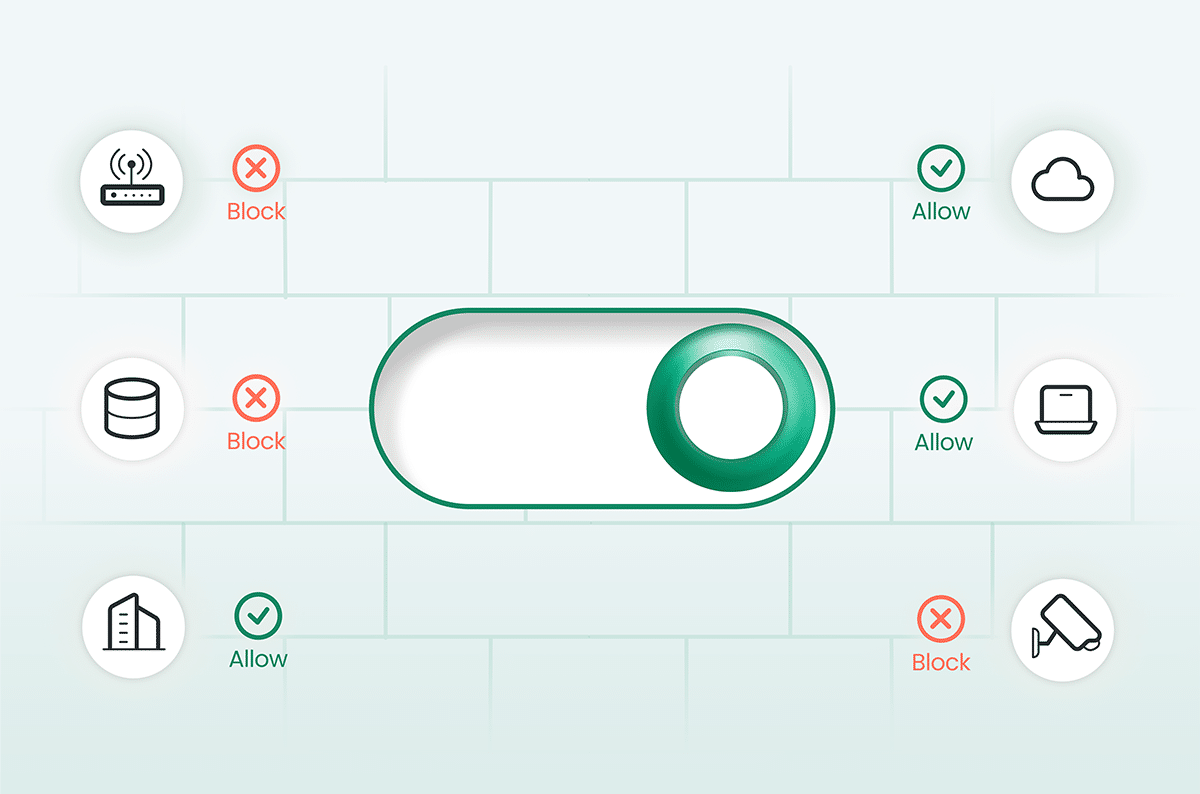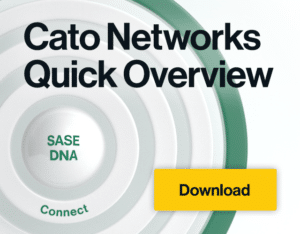Introducing AI-Driven Policy Management for Better Security

|
Listen to post:
Getting your Trinity Audio player ready...
|
Firewall policy management has reached a critical point, characterized by misconfigurations, overly complex rules, and ongoing audits. The burden continues to fall on already-stretched security teams. For CISOs, the question isn’t whether policies are being enforced; it’s whether they’re aligned, effective, and resilient across every location and environment.
Considering this, Cato is excited to announce our latest platform innovation that taps the power of AI to overcome policy management complexity to enhance enterprise security.
Misconfiguration, Drift, and Audit Headaches
Most enterprises rely on a mix of firewalls deployed in data centers, branch offices, and cloud environments. Over time, rule sets grow, become inconsistent, and are filled with redundant, outdated, or conflicting entries. As a result, security policies become hard to manage, even harder to audit, and often misaligned with zero-trust principles.
Teams face three key challenges:
- Policy sprawl and misconfiguration: Legacy rule sets accumulate clutter, creating enforcement gaps and degraded performance.
- Zero Trust breakdowns: Unnecessary permissions creep in without alignment and continuous validation, increasing risk.
- Audit complexity: Proving compliance across locations and environments is slow, painful, and fraught with manual work.
The result tends to be higher operational risks, a weaker security posture and increased overhead for teams already doing more with less. This is unsustainable, pushing firewall policy management and, by extension, IT teams to the breaking point.
Firewall-as-a-Service (FWaaS) | Visit our pageIntroducing Cato Autonomous Policies for FWaaS
AI-driven firewall policy management is necessary for modern enterprises to streamline and optimize security operations. Cato Autonomous Policies for FWaaS brings AI-driven analysis to a problem that’s long been manual, reactive, and error-prone. It transforms policy management from a drag on security operations into a driver of agility and resilience.
Cato tackles the problem at the platform level. As a native capability of the Cato SASE Cloud Platform, Cato Autonomous Policies for FWaaS uses AI and real-time analytics to streamline firewall policy management across the entire enterprise environment. It is intelligent policy management that scales alongside firewall rules while maintaining policy simplicity.
Key capabilities include:
- AI-powered rule optimization: Automatically detects redundant, misaligned, or risky rules and recommends actionable changes to streamline enforcement.
- Zero Trust policy validation: Continuously monitors policy configurations to enforce least privilege access and adapts based on real-time network conditions.
- Automated compliance support: Identifies and flags policy violations, provides remediation guidance and simplifies audit readiness.
By eliminating the manual grunt work of policy reviews and audits, Cato allows security teams to focus on outcomes instead of rule maintenance.
Cato Autonomous Policies Matter to CISOs
Today, CISOs are measured on the effectiveness of their security strategy and their choice of technologies to protect the business. They require a security platform with AI-driven capabilities that adapt and scale while reducing business risk.
Autonomous policy management is an automated approach to reducing business risk and is an integral part of a CISO’s security strategy. Cato Autonomous Policies for FWaaS automatically detect misconfigured or conflicting firewall rules that can cause outages, expose threats, or create operational overhead. Ensuring optimal policy configuration enables consistent enforcement, lowering the risk of security incidents while improving security operations.
Additionally, whether PCI, HIPAA, GDPR, or internal policy standards, ensuring compliance without unnecessary headaches can be challenging for IT teams. It often requires manual effort to ensure that, where needed, firewall rules align with specific compliance requirements. Cato helps validate that access controls are consistent, justified, and enforced. Built-in audit trails and recommendations mean teams spend less time scrambling for reports and more time strengthening posture.
Cato Autonomous Policies for FWaaS AI-driven capabilities provide CISOs peace of mind, knowing their teams no longer require spending hours sifting through thousands of firewall rules to evaluate and refine configurations. This means fewer errors, faster response, and a stronger security and compliance posture.
Autonomous Policies Bring Value to Modern Enterprises
Cato Autonomous Policies for FWaaS bring measurable business and technical value by solving one of the most persistent challenges in enterprise security: maintaining effective, consistent firewall policies at scale. As networks become complex, policy sprawl and misalignment introduce security gaps and operational risk. Cato addresses this with AI-driven automation that continuously analyzes firewall rules across the entire network, identifies misconfigurations, and recommends optimizations. This enables security teams to enforce Zero Trust policies more effectively, reduce human error, and simplify audits.
Autonomous Policies for FWaaS ensure enterprises maintain consistent, well-aligned firewall rules while improving their compliance readiness. This results in a stronger security posture, enabling CISOs to focus on strategic risk reduction rather than manual rule management.
Final Word: Let the Platform Work for You
Firewall policy management doesn’t have to be a burden or a source of risk. With Cato Autonomous Policies for FWaaS, CISOs gain a more innovative, faster, and consistent way to secure the enterprise. Visit the FWaaS page to see a demo and learn more about Autonomous Policies.











